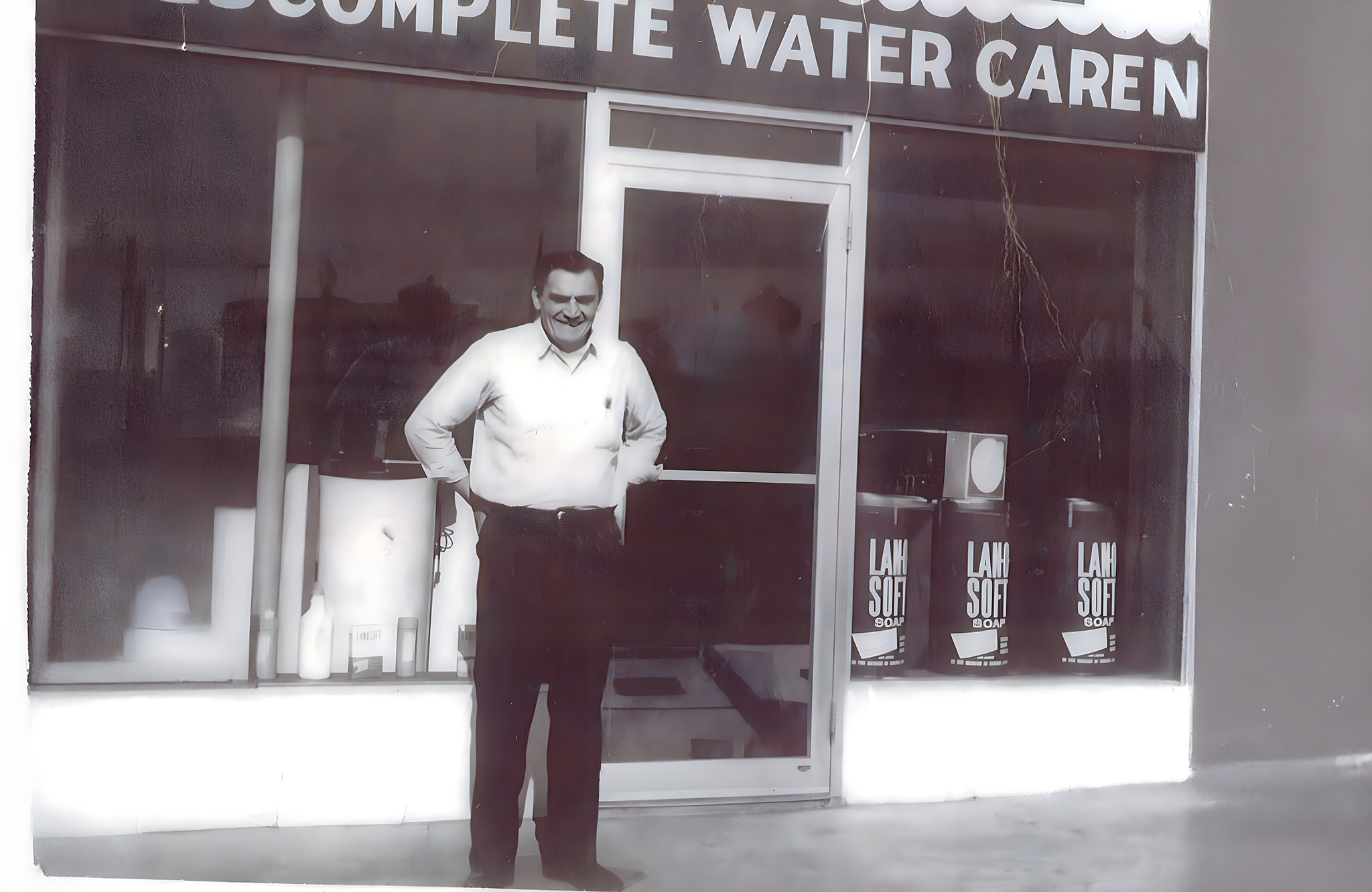
Remembering Wif Finken: A Legacy of Service and Community
January 26, 2026

It can be hard to find answers to your air conditioning questions when every company has their own agenda. We want to make sure you have access to all the...
April 2, 2018
It can be difficult to find straightforward answers to your air conditioning questions when every company has its own agenda. At Finken, we believe you should have access to all the information you need to make the best decision for your home.
That’s why we’ve compiled a list of the most common A/C questions so you can get the facts, without the confusion.
Air conditioners perform two essential functions:
✔️ Heat removal – Extracts warm air from your space.
✔️ Moisture removal – Reduces humidity, increasing comfort.
As warm indoor air is drawn up through the filter, it passes over a cold coil that removes heat and moisture. This process cools your home while reducing humidity, which is why you may notice a puddle of water outside or a PVC pipe dripping that’s the excess moisture being drained away.
To keep your A/C running efficiently and lower energy costs, follow these tips:
✔️ Keep air vents unblocked – Ensure airflow is not restricted.
✔️ Schedule regular maintenance – A well-maintained system runs more efficiently.
✔️ Use ceiling fans – They help circulate cool air, allowing you to set your thermostat higher.
✔️ Replace filters regularly – A dirty filter reduces efficiency and increases energy use.
A well-maintained A/C unit can last up to 15 years, while neglected systems may develop problems after just 7-10 years. To extend the lifespan of your system:
✔️ Check and replace filters monthly
✔️ Keep the outdoor unit clean and clear of debris
✔️ Provide shade for the unit during peak heat hours
Regular preventative maintenance can help avoid costly repairs and maximize efficiency.
When shopping for a new air conditioner, you’ll encounter several important efficiency ratings:
Understanding these ratings can help you choose the best system for your home and save on energy bills.
Your air conditioner doesn’t just cool your home it also removes moisture from the air.
🔹 It takes 7-10 minutes for an A/C unit to reach peak efficiency and effectively remove humidity.
🔹 If your system only runs for short bursts (5-7 minutes), it never reaches full efficiency and doesn’t remove enough moisture.
🔹 Frequent starting and stopping also puts unnecessary strain on the system, shortening its lifespan.
For optimal comfort and efficiency, your system should run for longer, steady periods instead of frequent short cycles.
We hope this quick guide has given you a better understanding of air conditioning systems. If you have more questions or need expert advice, the best approach is to talk to a trusted HVAC company.
📞 For professional A/C service or recommendations, visit our Contact Page!

Resources
